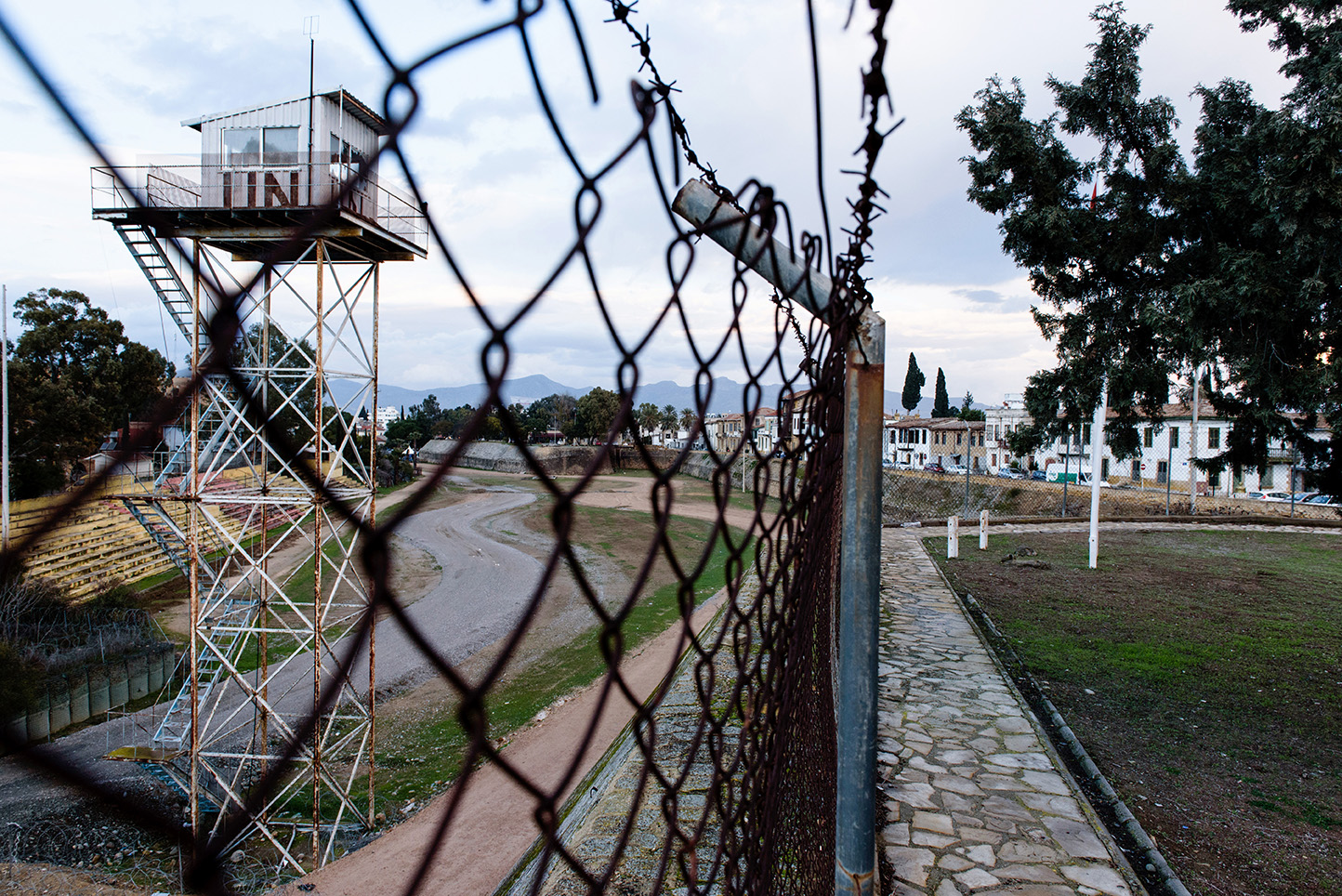Towards Stronger Anti-SLAPP Protections in Romania
Growing awareness of SLAPPs in Romania has spurred new legislative and civil society initiatives. Yet, their success will hinge on coordinated action to protect journalists and uphold freedom of expression

Bucharest,,Romania,-,15.04.2018:,The,Hands,Of,A,Caucasian,Man
Bucharest, Romania © Gabriel Pahontu / Shutterstock
While often underreported, Strategic Lawsuits Against Public Participation (SLAPPs) represent a serious threat to the journalistic profession in Romania. In the summer of 2024, BIRN journalist Marian Chiriac sounded the alarm, recounting the experience of a colleague who had been fighting a SLAPP case initiated by a wealthy businessman.
In Romania vexatious lawsuits are primarily pursued through civil defamation claims under tort laws or under the special provisions of the Civil Code on the protection of non-pecuniary subjective rights. In the country, typical features of SLAPPs include demands from plaintiffs for compensation for both moral and material damages, and attempts to silence criticism by requesting the removal of content.
As elsewhere, the collection of quantitative data remains a challenge, while the EU anti-SLAPP Recommendation inviting member states to provide relevant data gives hope for the analytical research of the coming years. Researchers and journalists alike need access to court databases to compile reliable statistics. Moreover, a legally binding definition of what constitutes a SLAPP is still lacking. However, a number of European and national organizations are working to compile partial quantitative data and case studies that help analyze and counter the phenomenon.
Since 2020, the Mapping Media Freedom portal has recorded 64 legal incidents in Romania, 22 of which involve defamation provisions. The 2024 CASE (Coalition Against SLAPPs in Europe) report confirmed the existence of a phenomenon of legal harassment practices targeting public watchdogs, registering a record number of SLAPPs in Romania (15 monitored cases in 2023). To be sure, within the 2025 European SLAPP Contest organized by CASE, Romanian company Clean Tech International was awarded the prize as Corporate Bully of the Year for its legal action against AER Muntenia. The citizens’ association, fighting against the Clean Tech factory’s operations due to potential environmental risks and emissions in the Slobozia and Ciulnița areas, challenged the company’s environmental permits. In response, Clean Tech presented AER Muntenia members with a claim for a total of €20 million in compensation should the permits be effectively revoked. As a result, the dispute was entered into the association’s land registers, freezing its management of its real estate assets.
The 2025 Liberties Rule of Law Shadow Report confirms the persistence of this trend. In Romania, journalists and public interest activists face intimidation primarily through SLAPPs, excessive court costs, and criminal proceedings. However, similarly to the characteristics of the phenomenon in other EU countries, over 90% of SLAPP cases are domestic; they do not have a cross-border component – a prerequisite for the application of the EU anti-SLAPP Directive if member states’ transposition follows it to the letter without taking into consideration the EU anti-SLAPP Recommendation. For this reason, several organizations have urged Romanian authorities to extend the protections of the EU Anti-SLAPP Directive to include national cases and criminal proceedings during its implementation.
The 2024 MFRR fact-finding mission to Romania and its following advocacy mission in Bucharest focused on the growing phenomenon of SLAPPs. MFRR missions found that Romanian media face an alarming number of such cases aimed at silencing investigative journalism and critical reporting. Romanian stakeholders reported that the practice of legal intimidation through vexatious civil lawsuits began spreading in 2018. These actions are sometimes initiated with the intent to uncover journalistic sources. Although precise data is lacking, journalists interviewed during the mission confirmed that their outlets are targeted by one or two legal actions per year, indicating a clear upward trend. Those filing SLAPPs are primarily businesspeople and politicians. According to MFRR findings, the damages sought in these lawsuits range from symbolic sums to exorbitant amounts. A striking example is the €3.4 million claim filed in March 2024 against the independent outlet Context.ro by a Romanian businessman who alleged lost a lucrative aviation contract due to one of their investigations. Even smaller claims—amounting to only a few thousand euros—can seriously threaten the survival of small local newsrooms. While most cases ultimately end in favor of journalists, the financial strain and lengthy legal proceedings create a strong chilling effect, deterring investigative reporting and critical coverage.
Following the MFRR advocacy mission to Bucharest, the MFRR Engagement Advocacy Workshop—held in October 2024—brought together participants to discuss the ongoing challenges of combating SLAPPs. The discussions confirmed that public interest journalists, alongside environmental NGOs, remain the primary targets of SLAPPs in Romania. Within the framework of the workshop, OBCT and EFJ partners called on journalists, lawyers, and all sectors of Romanian civil society committed to defending freedom of expression to work together to ensure that the EU Anti-SLAPP Directive is transposed by Romanian policymakers in line with the highest standards set out in the EU’s 2022 Anti-SLAPP Recommendation and the forthcoming Council of Europe Anti-SLAPP Recommendation.
Accordingly, ActiveWatch committed to continuing the dialogue initiated in the autumn of 2024 and convened a follow-up meeting in October 2025. The meeting focused on establishing a media freedom–oriented national working group to address the challenges faced by the Romanian journalistic community, including potential advocacy strategies, partnerships, and funding opportunities for media defense in SLAPP-related cases.
In the meantime, although an anti-SLAPP Focal Point had been established within the Romanian Institute for Human Rights in 2023, discussions between Romanian civil society and the Ministry of Justice culminated, in the spring of 2025, in the finalization of a bill aimed at transposing the directive addressing domestic SLAPPs.
Taken together, these initiatives signal a gradual consolidation of Romania’s institutional and civil society response to SLAPPs. However, the effectiveness of these measures will ultimately depend on their implementation and on the extent to which they foster genuine collaboration between state actors and the media sector.
This article was produced by OBC Transeuropa as part of the Media Freedom Rapid Response (MFRR), a Europe-wide mechanism which tracks, monitors, and responds to violations of press and media freedom in EU Member States and candidate countries.









